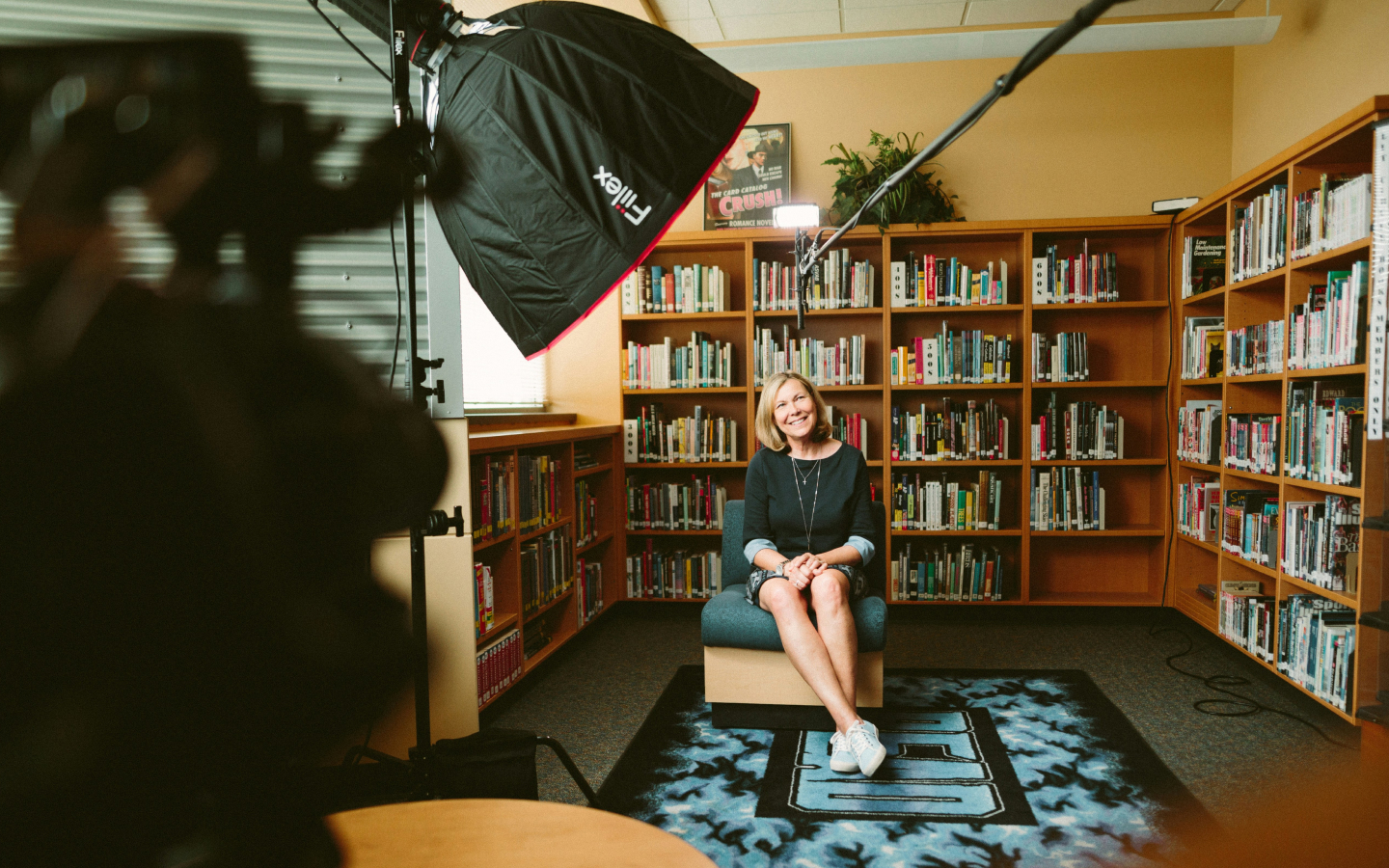In the wake of the pandemic, the landscape of journalism has profoundly changed. Many reporters who were once working in major media hubs like New York City now work from the comfort of their homes in cities across the country. This shift has altered their work environment and changed how public relations professionals engage with and support them. As the traditional dynamics evolve, PR practitioners must adapt their strategies to build and nurture their relationships with journalists. Here are three critical considerations for navigating this new era:
1. Preserving Personal Touches
Despite the virtual barrier, PR professionals can’t allow personal touches to fall by the wayside. Cultivating relationships with journalists remains vital to effective media relations, and creating a sense of rapport requires genuine effort and engagement. Instead of in-person chats or meetings, PR practitioners can leverage digital channels like LinkedIn or Instagram to maintain regular communication, express appreciation for writers’ coverage, and offer tailored pitches demonstrating a deep understanding of their beat and interests.
Personalized gestures such as reaching out to connect without pitching a client or offering exclusive access to embargoed information can go a long way in fostering goodwill and reinforcing human connection. PR practitioners can cultivate lasting partnerships built on trust and mutual respect by demonstrating authenticity and a commitment to serving reporters’ needs.
2. Mindful Media Kits
One of the tools in a PR professional’s arsenal is the media kit, a package sent to media contacts with the latest products a brand has to offer that’s often paired with branded promotional items. When most journalists worked in offices with plenty of space to store products and gifts, brands competed to assemble the most extravagant and unique kits readily accepted by media outlets. Now, remote writers are limited by their space at home and often don’t have room to use for large packages and tchotchkes. In the remote era, less is more. Rather than sending multiple media kits for various launches or holidays within a few weeks, PR practitioners must 1) determine if a media kit is truly the best approach to connect their client with the reporter and 2) time them appropriately, keeping it simple to ensure their contact isn’t overwhelmed by their client’s products and gifts. By prioritizing quality over quantity and only including relevant products, PR practitioners can increase the likelihood of garnering media coverage amidst the flood of media kits.
3. Rethink Desksides & Events
In today’s world, where virtual connectivity reigns supreme, traditional press desksides and events are being replaced by remote alternatives. PR professionals must acknowledge the importance of adapting to journalists’ remote work setups by organizing events that are accessible and convenient for them. Virtual desksides and interactive Q&A sessions allow writers to participate from anywhere, eliminating the logistical constraints of attending in-person events.
However, the success of remote events hinges on planning and execution. PR practitioners should leverage user-friendly platforms, provide clear instructions for accessing and navigating virtual events, and ensure seamless technical support. Additionally, incorporating engaging elements such as live demonstrations or guest speakers can enhance the overall experience and foster meaningful interactions between reporters and clients.
The shift towards remote work has redefined media relations dynamics, presenting challenges and opportunities for PR professionals. By remaining adaptable, proactive, and tuned into journalists’ evolving needs, PR practitioners can confidently navigate this new era and ensure continued success in securing media coverage.
As the digital age continues to unfold, the essence of effective communication remains unchanged: understanding, empathy, and authenticity will always be the cornerstones of meaningful engagement, regardless of the medium.




